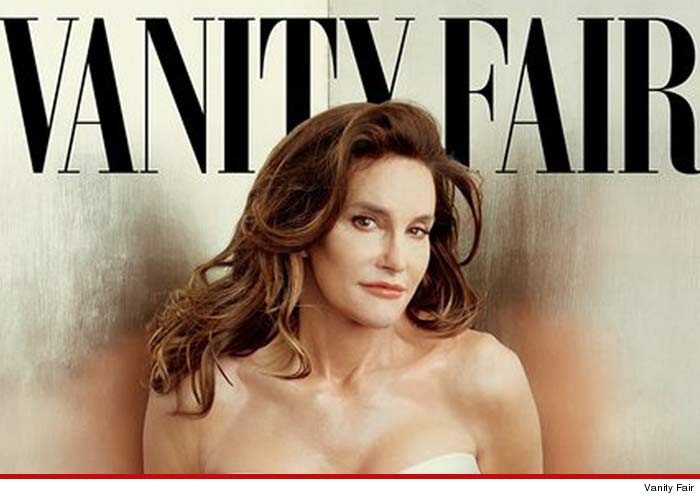Call Her Caitlyn But Then Let’s Move on to the Issues Affecting the Trans Community


Today Caitlyn Jenner introduced herself to the world in a spread. “Call me Caitlyn,” she tells the public in this latest cover story and through her recently launched Twitter handle.
It is important that people do actually call her Caitlyn.
Words matter and erasing the identity of trans people by calling them by their birth names and birth-assigned sex is an act of hatred — one that is inextricable from the that so many trans people, particularly trans women of color, encounter just for existing in the world.
How we talk about trans people sets the tone for the world in which trans people live.
And because and trans women of color are being murdered at alarming rates, those of us forming public narratives about trans celebrities have an obligation to tell those stories with care.
When we write about Caitlyn Jenner, her name and narrative will give enough context. There is no need to mention what her name used to be or what sex she was assigned at birth. And as writer and activist Janet Mock brilliantly explained to Piers Morgan, neither Janet nor Caitlyn were “.” They were born babies and they are women — brave and fabulous women.
But as brave and fabulous as Caitlyn Jenner is, and she is both of those things, her story is so far from the story of most trans peoples’ lives and should not eclipse the truth of the fight for trans justice.
Telling her story with care means using the right name and pronoun, but it also means highlighting the extent to which it is not the typical trans story. Her story can only be told by also telling the stories of the trans people who are struggling to survive systemic discrimination.
remains highly stigmatized and largely unavailable for the majority of trans people. Both private (i.e., employer) and public (i.e. Medicaid) insurance plans continue to have blanket bans on coverage for health care related to gender transition. Even where there has been progress on coverage generally, insurance coverage for care that trans women need is still elusive.
For example, the facial feminization surgery that Caitlyn describes in Vanity Fair is almost universally excluded from coverage. This means that most trans people, particularly trans women of color, cannot access the basic care that they need. It means that going to the doctor feels like a battle — if a trans person can get there at all. It means that trans people participate in criminalized economics like the drug and sex trades to pay for the health care they need or seek the care from friends or unsupervised . It means that trans people die seeking the care they need to live.
To tell Caitlyn’s story with care is to demand justice for trans people.
We must not tell Caitlyn’s story in a vacuum that erases the history of trans organizing, mobilizing, and celebrity of the many trans women who came before her and made her Vanity Fair cover possible. Janet. Laverne. Major. Sylvia. Marsha.
We must not exclaim that Caitlyn looks “fabulous” without interrogating our standards for which trans people get to grace the covers of magazines and all the while continuing to keep the health care that brings life to trans people out of reach.
We must not celebrate Caitlyn without mourning Islan, Lamia, Penny, and the hundreds of other trans women, mostly of color, we have lost to violence. This violence isn’t just at the hands of hateful partners or strangers, but violence in the arms of hateful and exclusionary systems.
Thank you, Caitlyn, for bravely sharing your truth. May your platform shed light on these injustices and the leaders who have been fighting to make them known.

